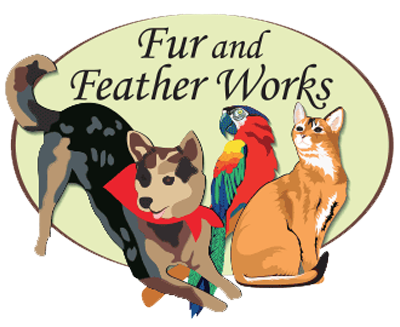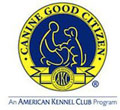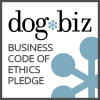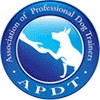Don’t panic! 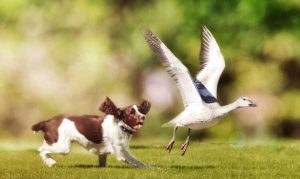
You may already be aware of the growing concern around an infectious respiratory disease in dogs. We at Fur and Feather Works want to make sure you have all the information so that you can make informed choices for your individual dogs.
Veterinarians and animal shelters in several parts of the country, including Oregon and Colorado, have reported an uptick in cases of respiratory illness in dogs. On November 17, 2023, the American Veterinary Medical Association posted an alert concerning the disease. This illness does not test positive for either kennel cough (aka Bordetella) or canine influenza (the usual suspects), but there isn’t a test yet developed for this specific illness, making it a diagnosis of exclusion, and making the data on what exactly it is, number of cases, and how far or fast it’s spreading, murky. We do know that unlike a typical kennel cough that resolves in 7-10 days, this illness results in a long-term cough and, potentially, pneumonia. It is assumed that this illness is viral, since it doesn’t seem to respond to antibiotics, but more research is needed. We don’t fully know how it is transmitted.
Here’s what you should do.
From here on out, we highly recommend that dogs (even puppies) get vaccinated for both Bordetella (kennel cough) and canine influenza as soon as possible. We didn’t used to require this vaccine for training classes, as it is considered a “lifestyle vaccine,” and the dogs are not usually in close contact for extended periods of time in class. (The exception to this is Puppy Kindergarten, however, the dogs in this class are too young to have gone to daycare/the dog park/boarding facility to have caught a virus and bring it to class). However, while Bordetella and the Flu are NOT the cause of this new respiratory illness, in the unlikely event that your pup catches two respiratory infections at once or back-to-back – say, the flu AND this new illness – it would make them significantly sicker, and put them at an increased risk of pneumonia or other complications. The best thing you can do right now is make sure your dog’s immune system is as healthy as possible, so that if they get sick, they can handle it, and they only have to fight one virus at a time.
If you have a young puppy (under 4 months old), please take these extra precautions:
- Vaccinate them for Bordetella and canine influenza as early as possible. Ask your veterinarian about this.
- Stay away from areas where groups of dogs gather and cleaning and disinfection might not be possible. (You should be doing this anyway with a puppy who isn’t done her vaccine series, but here’s a reminder!). These places include daycares, grooming parlors, big-box pet stores, home improvement stores, and dog parks.
- For a list of safer locations to visit, have a look at your “Places to Go” handout from Puppy Kindergarten, or ask us!
- Please keep any adult dogs who also live in your pup’s home away from these locations as well, until your puppy is fully vaccinated
- Wait 2 weeks after your puppy’s final vaccine to begin visiting these places again.
Is it safe to come to dog training classes?
For most dogs, yes. As with human illnesses, the dogs at the highest risk of complications are those who are very young, very old, or with compromised immune systems. Please click here for an explanation of how we clean the training center. These policies will not be changing, except to make them more stringent, if new information recommends it. So far we have been able to avoid any kennel cough or influenza breakouts in the training center, and we intend to keep that record intact! As always, if your pup shows any signs of illness, including a cough, sneezing, runny nose and/or eyes, or lethargy, please keep them home from class, and let us know right away. Our trainers are also keeping a close eye on our canine pupils to make sure they all look healthy, alert and bright-eyed in class.
In light of these protocols and in consultation with our veterinary staff, we feel confident in the safety of your dogs (and ours, too!) in classes. If you have any questions, please feel free to hit “reply” to this email, or give us a call at (775) 420-2322. We’re happy to address any concerns you might have, and we hope you will continue to feel confident coming to classes and referring others to us!
